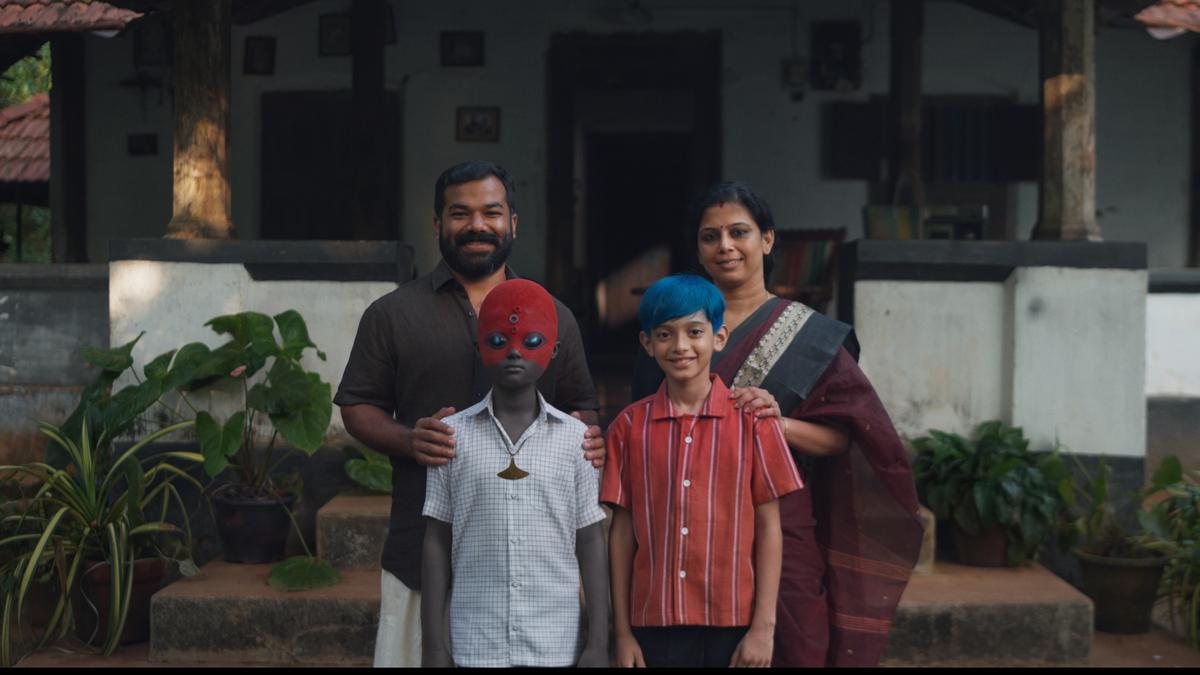
School students being administered the Japanese Encephalitis vaccine in Madurai in 2008.
| Photo Credit: FILE PHOTO
Tamil Nadu is scaling up Japanese Encephalitis (JE) vaccination to seven more districts. They are Kancheepuram, Chengalpattu, Tirunelveli, Tenkasi, Vellore, Nagapattinam, and Chennai.
According to the World Health Organization, the Japanese Encephalitis virus is spread by mosquitoes (especially Culex tritaeniorhynchus). Though symptomatic JE is rare, the case fatality rate among those with encephalitis can be as high as 30%. Permanent neurologic, cognitive and behavioural sequelae occur in 30%-50% of those with encephalitis, it has said.
The Health Department had already identified 14 districts — Cuddalore, Villupuram, Kallakurichi, Virudhunagar, Tiruchi, Tiruvarur, Madurai, Perambalur, Ariyalur, Thanjavur, Tiruvannamalai, Karur, Pudukkottai, and Tiruvallur — as endemic to Japanese Encephalitis.
Camps at schools
Vaccination was taken up in these districts, and a total of 58,22,906 people have so far benefited from the drive. The vaccination programme would be expanded to seven more districts, and camps would be conducted at government and private schools and Anganwadi centres. Village Health Nurses, who are trained in immunisation, would be involved in administering the vaccine to children aged 1-15 years. Health Minister Ma. Subramanian said a total of 32,64,099 children would benefit, according to a press release.
T. S. Selvavinayagam, Director of Public Health and Preventive Medicine, said, “Whenever we start seeing cases in a particular district or area, we expand the services. This is one strategy to reduce infant/child mortality rate.” He added that the vaccine was supplied free by the Government of India.
Noticeable increase in cases
In fact, a study taken up by Christian Medical College, Vellore, and the Directorate of Public Health and Preventive Medicine found that between 2022 and 2024, there was a noticeable increase in cases (more than five cases) in districts other than the 14 endemic areas such as Chennai, Kancheepuram, Chengalpattu, and Tenkasi.
From January 2022 to December 2024, 306 confirmed cases were reported in Tamil Nadu, with the majority of the patients aged 10-19. Chennai had the highest proportion at 40.5%, followed by Tiruvallur, 8.2%, and Tiruvarur, 6.2%. The highest number of cases — 120 — occurred in 2022, followed by 112 in 2023, and 74 in 2024, the study’s authors (Regina Elizebeth Joy et al) said in an article, ‘Epidemiological profile of JE in Tamil Nadu, 2022-2024: A secondary data analysis of IDSP’. It was published in the Tamil Nadu Journal of Public Health and Medical Research.
The study recommended measures, including more vaccination coverage and monitoring, targeted public health interventions, geographically focused control measures, and investigation into urban risk factors and the need for pre-monsoon preventive measures.
Published – June 29, 2025 08:51 pm IST


